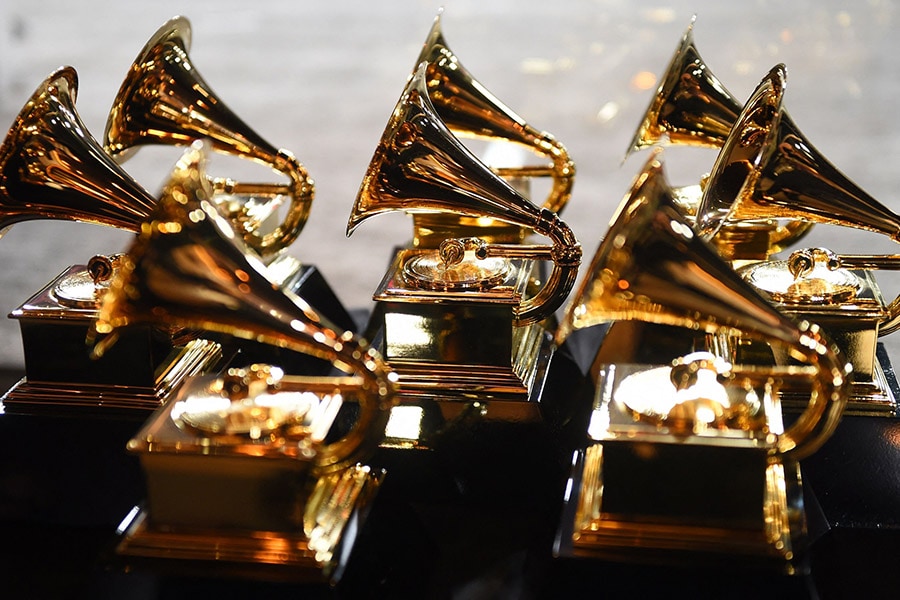
The Grammys set limits on the use of AI in music
The Recording Academy, the professional organization that presents these famous awards each year, recently updated the rules of eligibility for the Grammys with the aim of protecting human creation
 The Recording Academy recently updated the eligibility rules for the Grammys to protect human creation in the face of AI. Photography Don Emmert / AFP
The Recording Academy recently updated the eligibility rules for the Grammys to protect human creation in the face of AI. Photography Don Emmert / AFP
In the music industry, the use of artificial intelligence is rekindling fears that algorithms will replace artists. This has prompted the Grammy Awards to take a stand ahead of its next edition.
The Recording Academy, the professional organization that presents these famous music awards each year, recently updated the rules of eligibility for the Grammys in the aim of protecting human creation. The eligibility criteria now stipulate that only flesh-and-blood artists can compete for one of these awards. According to the new rules, "a work that contains no human authorship is not eligible in any categories" of the Grammy Awards.
The American organization does, however, stipulate that musical works with "elements of AI material" are eligible, but only under certain conditions. Thus, "the human authorship component of the work submitted must be meaningful and more than de minimis," and this human input must also be "relevant" to the category in which the creation is entered. In other words, a song entered in the songwriting category must have "meaningful and more than de minimis human authorship in respect of the music and/or lyrics."
At a time when songs generated by artificial intelligence are raising many questions about respect for intellectual property, the Grammys' new rules suggest that the creator or creators of these algorithms are not eligible for its prizes.
These new eligibility criteria will be in force for the 66th Grammy Awards, to be held next year in Los Angeles. As yet, no nominees have been announced, and it remains to be seen whether artificial intelligence will make an appearance at the music industry's most coveted awards ceremony.







